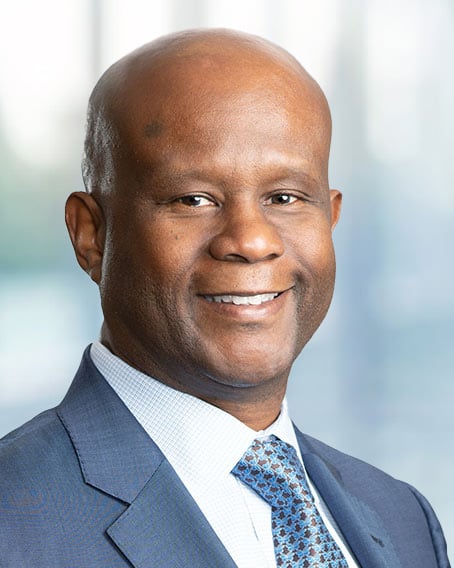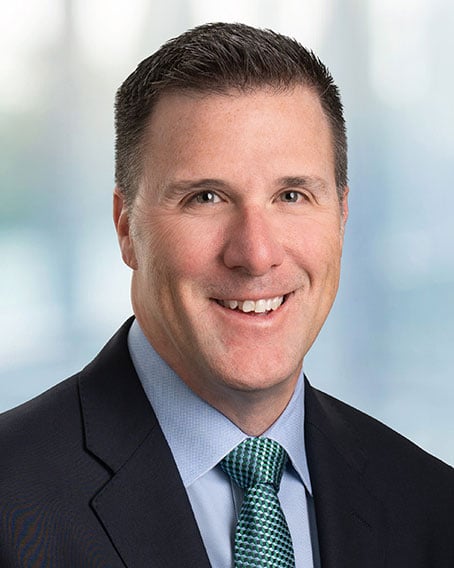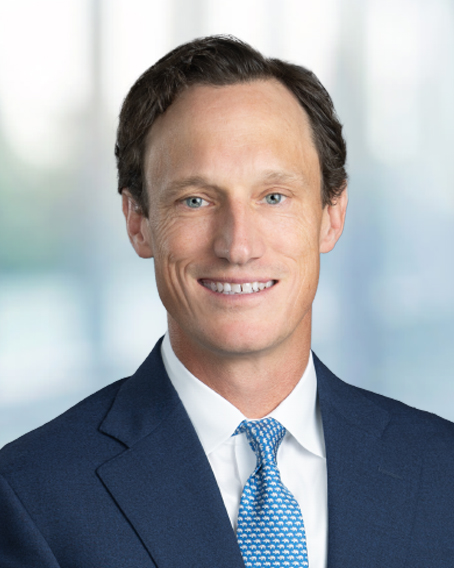On August 24, 2018, the United States Court of Appeals for the Second Circuit ruled that a non-resident foreign national cannot be charged with conspiracy to violate the Foreign Corrupt Practices Act or with aiding and abetting a violation of the FCPA, unless the government can show that he acted as an agent of a “domestic concern” or while physically present in the United States. This ruling in United States v. Hoskins largely affirmed the decision of the United States District Court for the District of Connecticut from March 2016 and may have a significant impact on FCPA prosecutions going forward.
The case relates to the DOJ’s corporate investigation into Alstom S.A., a French power and transportation company. In December 2014, Alstom pled guilty to criminal FCPA charges in the United States, and reached a $772 million resolution with the DOJ. Leading up to that resolution, the DOJ in 2013 charged former Alstom executive Lawrence Hoskins with alleged involvement in an FCPA and money-laundering conspiracy. Hoskins was a British national and had been employed by Alstom’s U.K. subsidiary, Alstom U.K. Ltd. During the relevant time, Hoskins was on assignment to another Alstom subsidiary, Alstom Resources Management S.A., and working in France. There, he was a senior executive responsible for supporting Alstom’s global efforts to secure contracts in Asia.
The case against Hoskins focused on a bribery scheme that secured a $118M contract from the Indonesian government for Alstom. The government alleged that Hoskins knew that he was approving and authorizing payments to “consultants” retained for the purpose of paying bribes to Indonesian officials. However, Hoskins never worked directly with Alstom’s American subsidiary, Alstom Power, Inc., and never traveled to the United States while the bribery scheme was ongoing.
In 2015, the district court dismissed the conspiracy count brought against Hoskins, holding that the government could not circumvent the FCPA’s jurisdictional limitations by charging a defendant with conspiracy or, alternatively, with aiding and abetting. Since Hoskins was never a U.S. citizen, national, or resident, and was not accused of acting in furtherance of the bribery scheme while in the United States, the court concluded he could only be charged as an agent of a domestic concern. On March 16, 2016, the district court affirmed its earlier ruling, and the government filed an interlocutory appeal challenging the district court’s rulings.
The Second Circuit affirmed the district court’s ruling that the government cannot use accomplice or conspiracy liability to extend liability beyond the categories of persons who may be charged under the FCPA. In other words, a person may not be guilty as an accomplice or co-conspirator for an FCPA crime that he is incapable of committing as a principal.
Rather, the Second Circuit concluded that the FCPA establishes three categories of persons who are covered by its provisions – in 15 U.S.C. §§ 78dd-1, -2, and -3:
- issuers of registered securities, or any officer, director, employee, or agent of such issuer, or any stockholder acting on behalf of the issuer, using interstate commerce in connection with the payment of bribes;
- American companies or American persons using interstate commerce in connection with the payment of bribes; or
- foreign persons or businesses taking acts to further certain corrupt schemes, including ones causing the payment of bribes, while present in the United States.
Although theories of liability under the conspiracy and aiding and abetting statutes apply even if the defendant cannot be held liable for the underlying substantive offense, the Second Circuit held that the FCPA contained an Affirmative-Legislative-Policy exception that limited conspiracy and aiding and abetting liability under the FCPA. The Affirmative-Legislative-Policy exception provides that accomplice liability does not extend to certain persons when the structure of a legislative scheme makes clear that the legislature did not intend to extend accomplice liability to a person who ordinarily would fall within the common law or statutory definition of complicity.
In its ruling, the Second Circuit relied on Gebardi v. United States, 287 U.S. 112 (1932), which established that, where Congress excludes a class of individuals from liability under a criminal statute, the government may not rely on accomplice theories of liability to prosecute those same individuals. Similarly, the Second Circuit found that the text, structure, and legislative history of the FCPA all demonstrated that Congress had affirmatively tailored the FCPA to exclude foreign nationals from liability when they do not act as agents, employees, directors, officers or shareholders of an American issuer or domestic concern, and when they operate outside United States territory. First, the Second Circuit held that the FCPA contains no provisions assigning liability to individuals such as Hoskins—a nonresident foreign national acting outside of American territory with no agency relationship with a U.S. person and no employment relationship with American companies. Second, the court found that the FCPA’s enumeration of the particular individuals who may be held liable under the statute demonstrated a conscious choice by Congress to avoid creating individual liability through use of the conspiracy and aiding and abetting statutes. Third, the Second Circuit’s analysis of the legislative history showed that Congress understood the risks of clashes between American law and laws of other nations resulting in international discord, and delimited the statute accordingly.
The Second Circuit went further to state that the presumption against extraterritorial jurisdiction mandated the court’s conclusion. Specifically, the court determined that the DOJ did not establish a clearly expressed congressional intent to allow conspiracy liability to broaden the extraterritorial reach of the FCPA, which then mandated its conclusion that the government could not charge Hoskins for conspiracy to violate the FCPA.
The Second Circuit, however, reversed part of the district court’s decision. Specifically, the district court had dismissed part of indictment alleging that Hoskins willfully conspired with various co-defendants, “while in the territory of the United States,” to commit acts in furtherance of bribing foreign officials. The district court held that because Hoskins never entered U.S. territory, he could not be prosecuted under this section of the FCPA. In reversing, the Second Circuit recognized that if the government could prove that Hoskins was an agent of a domestic concern, he could be held liable under the FCPA for conspiring with employees and other agents of Alstom and for conspiring with foreign nationals who conducted relevant acts while in the United States.
Furthermore, the money laundering portion of the charge against Hoskins remains unaffected by the Second Circuit’s ruling. The DOJ has increasingly been using the Money Laundering Control Act to complement the FCPA in prosecuting international bribery cases since it allows the government to reach areas outside the strict confines of the FCPA.
* * *
Some key takeaways from the Second Circuit’s decision include the following.
- This case limits the DOJ’s ability to bring FCPA charges against foreign nationals who did not act in the United States.
- It also potentially limits the scope of the DOJ’s investigation using traditional conspiracy and aiding and abetting theories.
- The DOJ will likely increasingly develop evidence regarding conduct in the United States by foreign nationals, and potential avenues of agency association among the various parties.
- The DOJ will continue its trend of including money laundering charges, where available, against individual defendants.
- The DOJ will likely seek opportunities in other cases to limit or collaterally challenge the Second Circuit’s ruling.
Authors
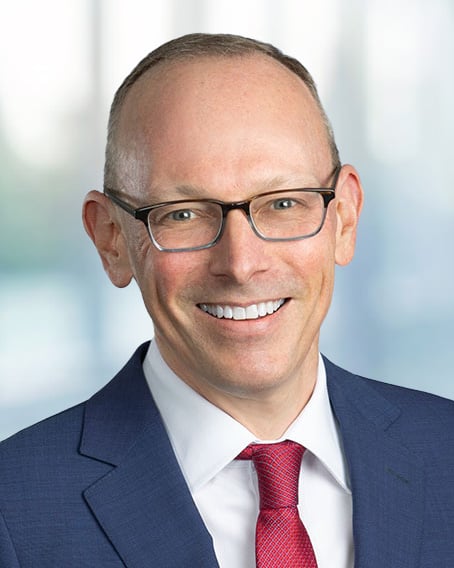
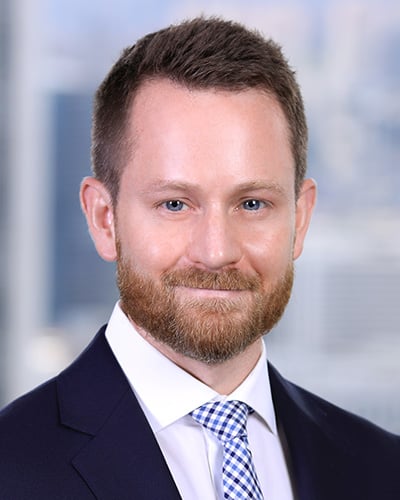
Stay Up To Date with Ropes & Gray
Ropes & Gray attorneys provide timely analysis on legal developments, court decisions and changes in legislation and regulations.
Stay in the loop with all things Ropes & Gray, and find out more about our people, culture, initiatives and everything that’s happening.
We regularly notify our clients and contacts of significant legal developments, news, webinars and teleconferences that affect their industries.

